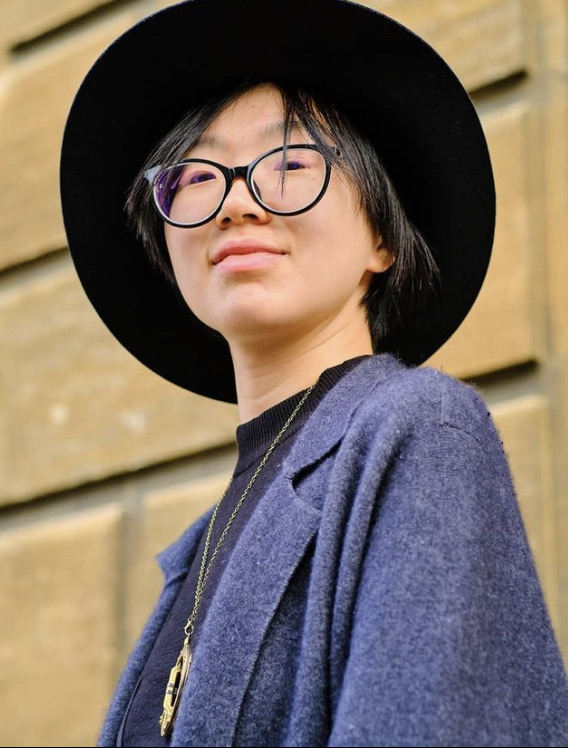Xinyi Wen
Supported by the University of Glasgow Library
Xinyi Wen is a final-year PhD Candidate at the Department of History and Philosophy of Science, University of Cambridge. Her research explores natural knowledge in cross-contextual dialogues between the early modern and modern times. Funded by the Wellcome Trust Doctoral Studentship, her PhD thesis examines the ‘doctrine of signatures’ — a longstanding argument in medical history that plants resembling human body parts could treat ailments of the corresponding organs. Her thesis traces its transformation as a practical technique from the late 16th-century Upper Rhine to 17th-century Britain, and its afterlife in transcultural encounters of medical traditions. In 2022, she curated an exhibition on the doctrine of signatures at the Whipple Museum of the History of Science, Cambridge.
Xinyi’s research integrates methods from historiography, book history and reception studies, visual culture, and global cross-contextualisation. Her works uncover overlooked people, practices and ideas to diversify temporalities and challenge conventional narratives in the history of knowledge. During her PhD, she has published in Journal of the History of Ideas, British Journal for the History of Science and The Linnean, covering topics including the modern reception of Renaissance astrological medicine, the long transmission of botanical images, and women’s overlooked scientific work in the household. She is the recipient of the 2024 Margaret W. Rossiter History of Women in Science Prize awarded by History of Science Society (HSS) and the 2023 Best Article Award by the Society for the Study of Early Modern Women and Gender (SSEMWG). In 2023, She was elected a Fellow of The Linnean Society of London.
During her fellowship at the University of Glasgow Library, Xinyi will be researching for her in-progress article, ‘The Yellow Rhubarb and Jaundice: William Cullen’s Conjectural “Scientific Revolution” Against Conjecture’. In early modern Europe, rhubarb root powder was commonly used to treat jaundice, allegedly due to its yellow colour resembling jaundice symptoms. Scottish physician William Cullen (1710–1790) dismissed this practice as a superstition rooted in the doctrine of signatures in his accounts of the history of medicine, while paradoxically continuing to prescribe rhubarb for jaundice patients. Focusing on Cullen and his circle, this project examines how a single remedy shaped theories of scientific progress in the Scottish Enlightenment. In a period of radical transformation, it interrogates how tacit knowledge complicated neat Enlightenment narratives of rationality and progress, and highlights the fluidity of theoretical stances across classrooms, bedside practice, and philosophical discourse.
I am absolutely delighted to be awarded the University of Glasgow Library Visiting Research Fellowship. This fellowship will provide me with the opportunity to examine crucial materials for my project held in the University’s archives and library. These include Cullen’s lectures and notes on materia medica and the histories of chemistry and pharmacy, his prescriptions and relevant correspondence, as well as the medical manuscripts of Charles Alston and William Hunter. Drawing on Cullen’s private library collection, I will also explore his copies of relevant books such as Dennis de Coetlogon’s Universal History of Arts and Sciences. Beyond archival research, I look forward to engaging with exciting scholars at the University of Glasgow and immersing myself in the rich local histories and cultural landscape that shaped the Scottish Enlightenment.


